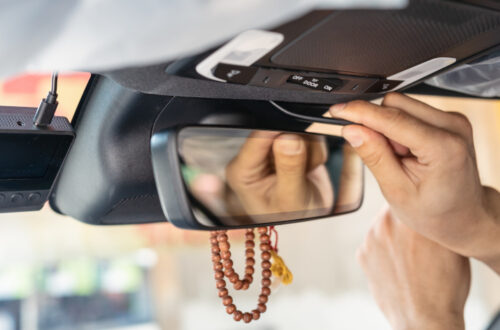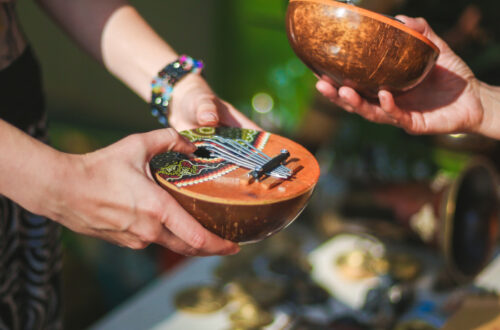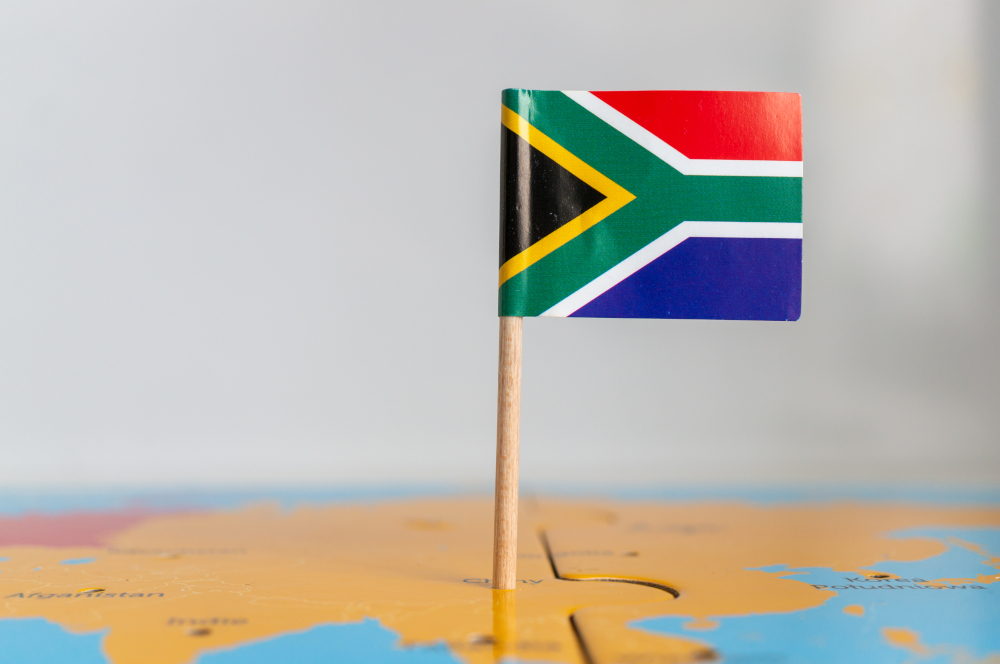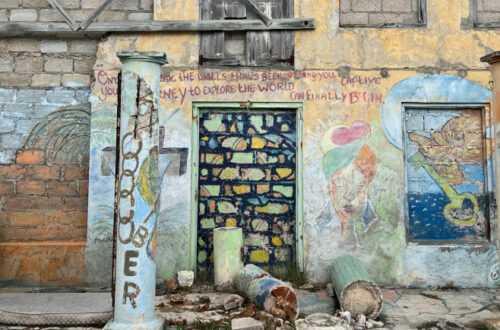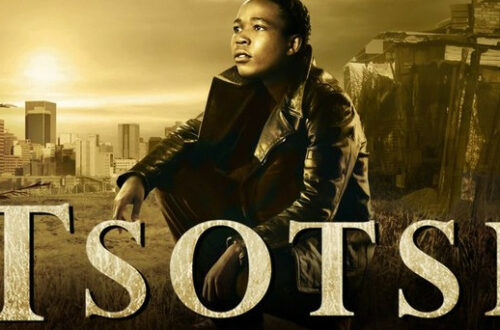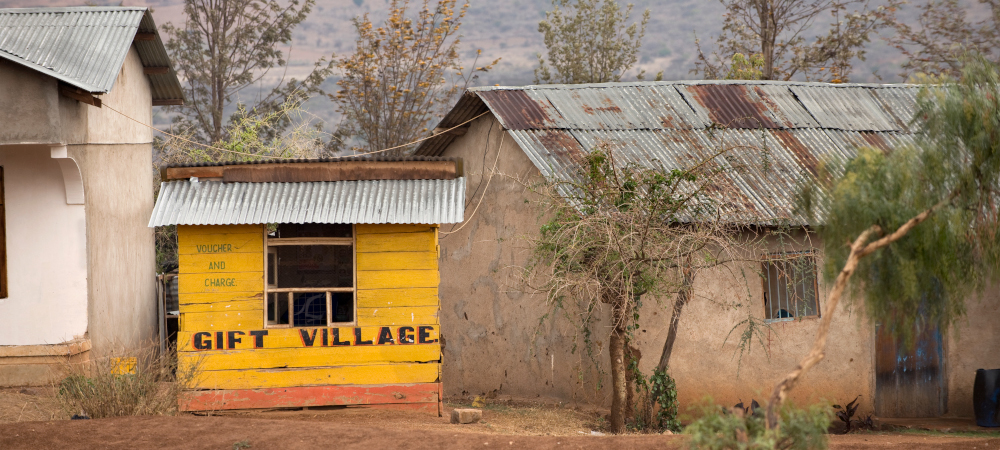News
-
Data Over Bread, The Daily Trade-Offs of the South African Hustle
Somewhere between the electricity box and the airtime scratch card, between the maize meal and the monthly rent, sits a line item that wasn’t even on the budget ten years ago, data. And more often than not, it wins. Across South Africa, the hustle isn’t just about chasing money. It’s about choosing where that money goes. And more and more, that choice is no longer between meat or no meat, taxi or no taxi. It’s between bread or bandwidth. Between filling your stomach or staying connected to the world that might offer you a way out. Because data, in this economy, is currency. Not in the poetic sense. In the…
-
The Quiet Psychology of Card Games in South African Homes
Somewhere between a cup of Ricoffy and the sound of a slow ceiling fan, a deck of cards appears. It doesn’t matter whether you’re in a township, suburb, or dorp, the ritual is the same. The shuffle. The deal. The pause. Then someone raises an eyebrow, someone else sighs, and the game begins. Card games in South Africa aren’t just games. They’re language. They’re history. They’re tension held together by brittle silence or rowdy laughter, depending on who’s playing. At first glance, they seem harmless, just cousins playing a lazy hand of Uno, gogo calling out 30 Seconds to Win in a home-stitched housecoat, or friends gathered under a carport…
-
The Quiet Gardeners, Portraits of South Africa’s After-Hours Urban Farmers
In a city like Johannesburg, the night belongs to cars. Taxi horns. Quiet deals. Headlights on wet tar. But if you look closer, really look, you’ll find smaller stories growing in between all that concrete. On the rooftop of a worn-down building in Hillbrow, under dim security lights, a man in a security guard’s jacket moves quietly among rows of spinach and coriander. It’s just after midnight. His radio crackles in the pocket of his jacket. One ear listens for trouble. The other is tuned to the sound of water trickling from a small plastic can. His name is Mpho, and by day, no one would guess. To most of…
-
The Spencer Twins: Lady Eliza and Lady Amelia’s South African Sojourn
Lady Eliza and Lady Amelia Spencer, the twin daughters of Charles Spencer, 9th Earl Spencer, are members of one of Britain’s most distinguished aristocratic families. As nieces of the late Princess Diana, they have grown up in the shadow of royal heritage while forging their own path in the world of fashion, philanthropy, and media. Unlike many of their British aristocratic peers, the twins spent much of their formative years in South Africa, a decision that shaped their personalities, outlook on life, and approach to fame. Cape Town, with its blend of cosmopolitan luxury and natural splendour, became the backdrop for their unique upbringing, offering both privacy and opportunity away…
-
Patrice Motsepe: From Mining Tycoon to African Football Leader
Patrice Motsepe’s ascent from a modest childhood in Soweto to one of Africa’s most influential business and sports figures is a testament to vision, resilience, and strategic decision-making. As South Africa’s first Black billionaire, he reshaped the mining industry through African Rainbow Minerals (ARM) and later extended his influence into football leadership as the President of the Confederation of African Football (CAF). His journey is one of calculated ambition, merging corporate success with philanthropy and sports development. Born on 28 January 1962, Motsepe grew up in a business-oriented household. His father, Augustine Motsepe, a chief of the Mmakau community, owned a small but successful retail store that catered to local…
-
The Story Behind South Africa’s Prison Tattoos
In the corners of South Africa’s oldest prisons, there’s a quiet language written on skin. It isn’t spoken aloud, but it’s seen in the flicker of a sleeve pulled back, in the shape of a number curling around a knuckle, in the ghostly blur of faded ink on a man’s forearm. Prison tattoos in South Africa are more than art. They are biographies, warnings, badges, maps of loyalty and survival. They speak to lives shaped by concrete walls and iron bars, by days spent waiting and nights spent remembering. And unlike the polished studio tattoos worn by celebrities and influencers, these aren’t about aesthetics. They are raw, improvised, and painfully…
-
Chappies Facts and Township Wisdom
In the shade of a school wall during second break, someone unwraps a piece of Chappies. Not just to chew, but to learn. On the inside of that yellow-and-blue waxy wrapper, there’s a fact printed in tiny ink. Sometimes it’s about giraffes or volcanoes. Sometimes it’s something half-believable like “Your fingernails grow faster on your dominant hand.” It doesn’t matter what it says, really. The point is, it’s there. Something to read. Something unexpected. Something that sparks. The kids gather around whoever’s got the gum, and someone reads the Chappies fact out loud, like it’s a secret passed down. For some children, it’s the first time they hear the word…
-
How Community-Led Sanitation is Changing Rural South Africa
In South Africa’s rural communities, something powerful is happening, not with loud announcements or flashy campaigns, but through the steady construction of dignity. Where pit latrines once stood as symbols of neglect, sustainable sanitation facilities are being built, maintained, and owned by the very people who use them. Organisations like The Mvula Trust have been instrumental in shifting the narrative from donor-led delivery to community-owned infrastructure. While government policy and funding are critical, the key to lasting impact lies in grassroots ownership. In 2025, as South Africa continues to address historic service delivery gaps in water and sanitation, it’s clear that empowering communities is not just a strategic choice, it’s…
-
The Art of Disappearing
There’s a man who once couldn’t leave a petrol station without someone asking for a selfie. His name still floats through conversations, especially late at night when people share old videos on their phones. Back in the early 2010s, he was one of South Africa’s most recognisable hip-hop artists, his face on billboards, his songs on every radio station. Then, just as quickly as he arrived, he vanished. No farewell concert, no final release, just silence. And if you pass him today, sitting outside a coffee shop in a plain white T-shirt and jeans, there’s nothing about him that hints at the stadiums he once filled. This isn’t a one-off…
-
The New Kings of the Underground Economy
It’s the distant pop of a power tool in a backyard garage doubling as an auto body shop. It’s the static buzz of a cracked speaker advertising Sunday haircuts and cheap data bundles. It’s the thunk of crates being unloaded at dawn from a bakkie with no plates but an ironclad delivery route. These are the new kings of the underground economy, men and women running businesses off instinct, sweat, and the kind of raw resilience you can’t fake. They didn’t come from Sandton boardrooms or UCT business incubators. They came from somewhere hungrier. Places like KwaMashu, Katlehong, and Mahikeng. And what they’ve built isn’t just impressive. It’s infrastructure. Sizwe…

